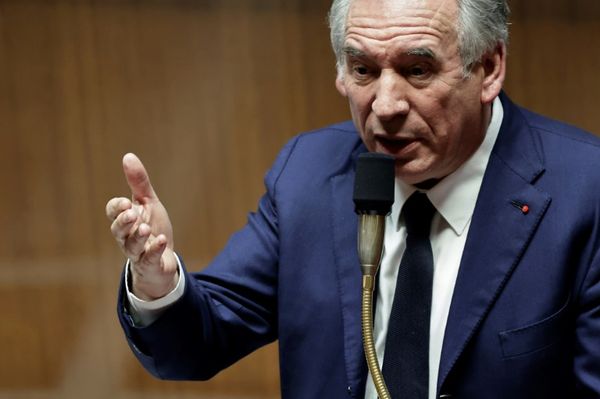
GAELIC singer and broadcaster Joy Dunlop said having the language recognised at the Queen’s thanksgiving service in St Giles’ Cathedral was a “poignant and fitting” moment after years of contempt endured by speakers.
Capercaillie’s Karen Matheson blew a worldwide audience away with her rendition of Psalm 118:17-21 in Gaelic last week as Edinburgh became the centre of tributes to the late monarch ahead of her coffin being moved to Westminster Hall.
We heard Matheson’s captivating tones – accompanied by harpist Catriona McKay and set to the tune of The Bays of Harris – even before First Minister Nicola Sturgeon gave her reading, giving the language a prominent platform and the chance to be heard and enjoyed by millions.
Many looked upon the moment as iconic, given that Gaelic was, in Dunlop’s words, “hounded into extinction” by the Crown in the 1600s, as Gaels were brutally punished for speaking in their native tongue.
But Dunlop, who is also a weather presenter for BBC Alba and BBC Scotland, said she was less interested in any political significance it bore and more moved by the language being recognised as a fundamental part of Scotland after a long period of being looked down on.
She said: “It was just so fitting for the moment. It was really poignant and heartfelt, and it felt very respectful.
“For us as Gaelic speakers, we very much just see it as an integral part of life and to have it as part of a service that was watched worldwide is fitting and important, and it just felt right.
“Some people have picked out the significance of a language that was, in many ways, hounded into extinction by the English Crown, but for me, Gaelic is very non-party political.
“It’s there for everyone, so I don’t think it’s helpful trying to align it to a particular party or group of people.
“But to have it recognised on that scale when you’ve had all that contempt or the language being looked down on and people fighting for years to get official recognition through the Gaelic Language Act is just so important.
“What it really showed to me is Gaelic is for everyone. Everyone in Scotland and around the world could watch that and understand the meaning behind it – they could feel the significance and the beauty of it.
“I felt it was really special that it was recognised as a Scottish thing, a part of Scotland.”
Some 57,375 people in Scotland speak Gaelic, while 87,100 have some of the language skills, according to the 2011 census.
But it wasn’t until 2005 that a Gaelic Language Act was passed by the Scottish Parliament, with a view to securing the status of Gaelic as an official language of Scotland commanding equal respect to the English language.
Dunlop, who is originally from the village of Connel in Argyll, said the inclusion of Matheson’s performance in the service was a key way of showing Gaelic is not a “fairy language” and is integral to many people’s lives in Scotland.
She added: “If you’re a Gaelic speaker, it’s part of your life. So it’s not window dressing, it’s not like ‘oh I’ll throw a bit of Gaelic in there because it’s nice’. It means something.
“It’s a language people speak as part of their daily lives. This is not a fairy language.
“So it’s not about ticking a box and keeping people happy, it’s about representing.
“I know Gaels really appreciated it [Matheson’s performance]. I know there were a lot of Gaelic speakers who watched and thought ‘that’s my language, I’m able to show my respect in my language’. So that’s really important rather than just romanticising it.”
The Scottish Government is currently running a consultation to ensure the long-term growth of both Gaelic and Scots, which will remain open until mid-November.
Views are being sought on a new strategic approach to Gaelic medium education, while the creation of a designated Gaelic speaking area, known as a Gaidhealtachd, will be assessed.
Dunlop has insisted there needs to be more Gaelic medium schools, and the language should form a key part of children’s education, teaching them about their roots and where the words they speak have come from.
And she hopes people who saw Matheson’s performance would have been left feeling like they wanted to learn more about the language.
She added: “I believe every child should do a bit of Gaelic. I think they should be learning Gaelic and Scots in schools. I don’t understand why children are not being educated about our history, and about our language and culture.
“I would like to see more Gaelic medium schools so you can become fluent. I hear so many adults who are learning saying they wish they had learnt as children.
“There is no situation Gaelic isn’t suitable for, so I do hope there were some people who watched [the performance] and thought ‘I don’t know enough, I need to educate myself more’.
“I loved Karen’s performance, and Connel is just down the road from where she is from [Taynuilt], so that was extra special as she is our local girl.”







